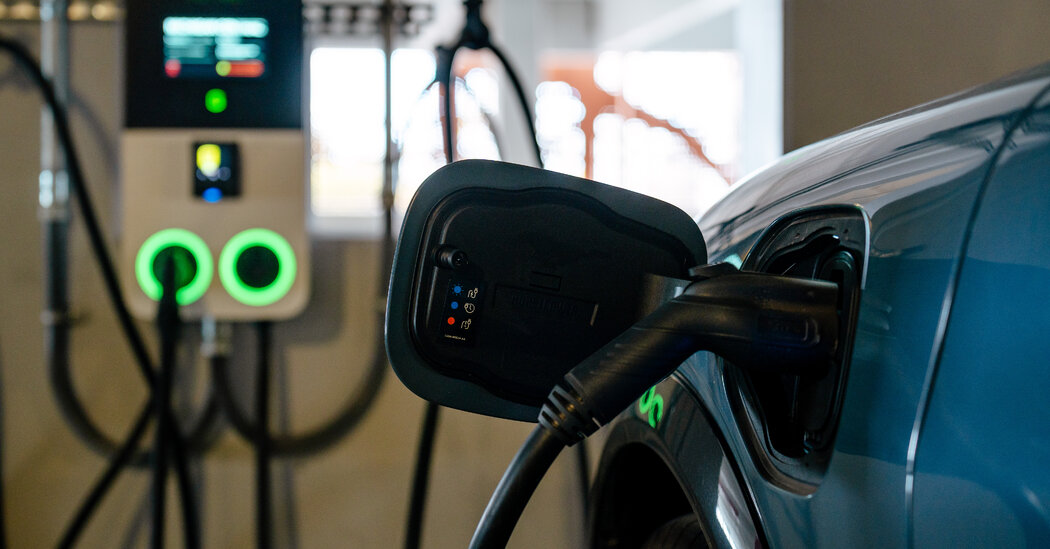More car buyers are expected to eventually pick battery-powered cars and trucks as prices fall and technology improves, even if Biden-era incentives disappear.
To a large extent, the electric vehicle market in the United States runs on Democratic policies. There are federal tax credits for car buyers. Subsidies for battery manufacturing. Cheap loans to build electric car factories. Grants for chargers. Regulations that push automakers to sell more vehicles with no tailpipe emissions.
All of that support — amounting to hundreds of billions of dollars — could go away soon after the inauguration of President-elect Donald J. Trump, despite his close association with Elon Musk, chief executive of the electric car maker Tesla.
Mr. Trump and Republicans in Congress say they plan to eliminate most of the federal aid for electric cars and trucks and reverse emissions rules, raising doubts about the future of such vehicles and the billions of dollars that automakers have invested to design and build them.
Still, many auto experts say market forces and technological progress will ultimately drive a long-term transition to electric vehicles regardless of how far Republicans go in undoing President Biden’s climate agenda.
Prices of batteries, the most expensive part of an electric vehicle, are falling fast. Already, many electric cars cost no more to own than comparable gasoline models when savings on fuel and maintenance are taken into account.
Technology is improving rapidly. Batteries are becoming lighter and smaller while allowing faster charging and longer travel distances. And more than 12,000 high-voltage public chargers were added in the United States in 2024, a 33 percent increase from the year prior, according to Rho Motion, a research firm.
